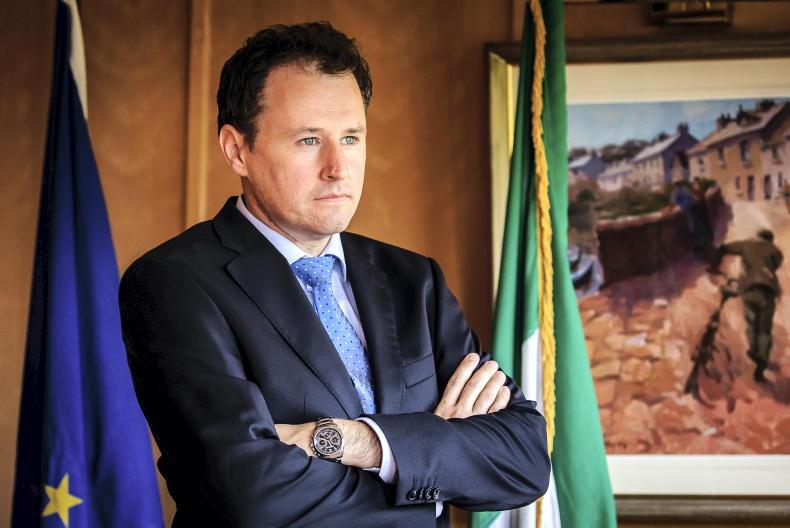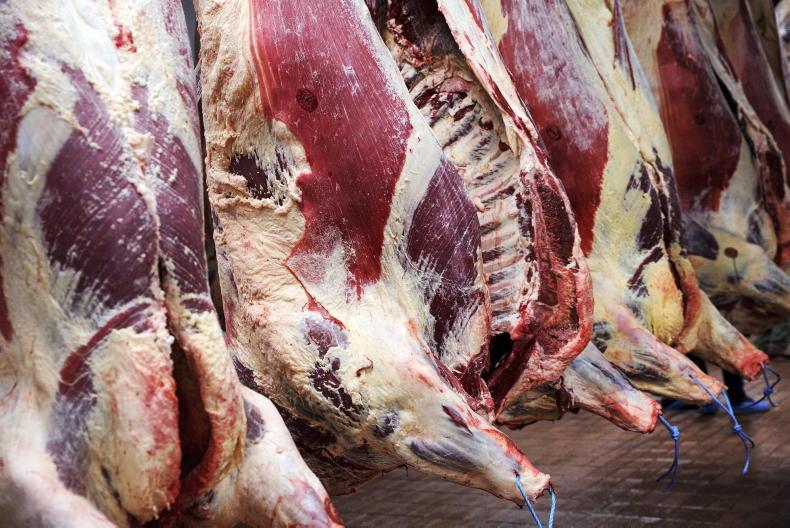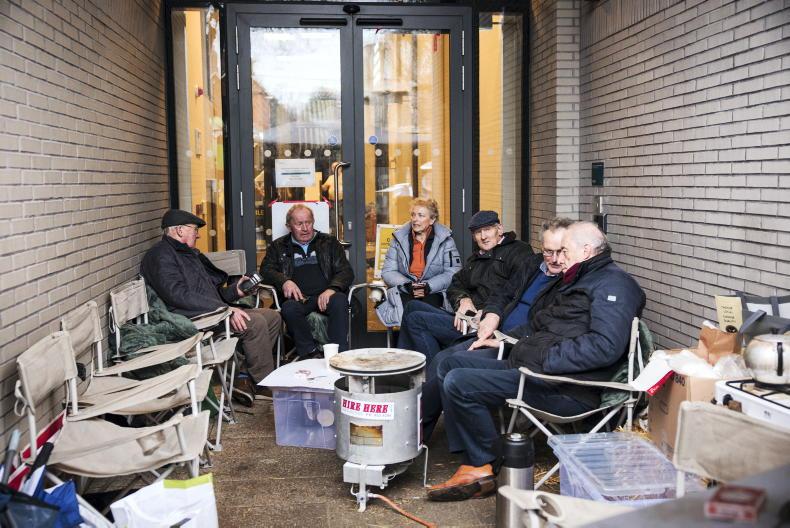Farming’s greenhouse gas emissions must be stabilised and then reduced, although this will not necessitate a drop in food production, Minister for Agriculture Charlie McConalogue has said.
“We are not telling anyone to cut back, we are looking to reduce emissions and we are looking to continue with, you know, a dairy sector which is really, really exciting - which thankfully we have seen grow over the past number of years - and add massive value at farmgate level but also massive value to the rural economy,” the Minister told listeners of Newstalk’s Pat Kenny Show.
Minister McConalogue stated that the continued expansion of the dairy sector at the rate seen after the removal of milk quotas in 2015 was “not acceptable or sustainable going forward”, but insisted that farmers who had expanded would not be tasked with reducing production on their farms.
More efficient
“While overall we have become more efficient, we have seen an increase – over those early years certainly – in our emissions footprint,” he continued.
“What we have to do is to actually stabilise our emissions - as a starting point - and then go about bringing them down.
“And that does not mean reducing your food production. In fact, it is important we continue with our food production and maintain that, but it is really important that we reduce the emissions of it,” the Minister said.
The Minister also stated that the agri-food sector should focus on the value of its output, rather than the volume.
Sustainability
The Minister went on to explain that agricultural sustainability required economically-viable farms, agreeing with comments on sustainability made by Irish Farmers' Association (IFA) president Tim Cullinan at the association’s AGM last Thursday.
“The president of the IFA was correct in that it is not just about the environmental sustainability, it is also about the social and economic sustainability of the sector, as a three-legged stool in that regards,” Minister McConalogue said.
The Minister added that there was consensus among stakeholders in the agri-food industry that emissions should be cut by the 22% to 30% rate by 2030, in line with climate action obligations.
Carbon leakage
When quizzed on the possibility of carbon leakage being associated with EU free trade deals, such as Mercosur, the Minister stated the importance of seeing environmental standards raised to the same equivalence across other regions.
“We do need to see other countries – comparable countries that are producing the same food as us - also take sustainability as seriously as we do.
“That is a key issue and a key problem with Mercosur and one that we are challenging and will continue to challenge,” Minister McConalogue said.
Family farm income
The Minister also said that farmers had the opportunity to enhance the value of agri-food exports by making low-emission produce attractive to consumers.
He stated that by improving the environmental credentials of Irish agriculture, family farm incomes could be improved in years ahead.
“I think any sector of an economy that can look ahead to being one of the most sustainable in the world can look to having a very strong future,” he commented.








SHARING OPTIONS